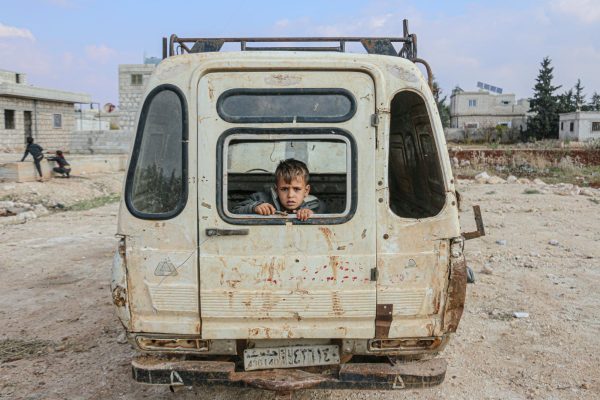Who Defines Free Elections? A Complicated Story in Venezuela
Opposition members carry the flag in a protest
If an illegitimate leader sits in power, what do you do? And who gets to decide the definition of a legitimate rise to power in an competitive political environment? These are the questions being asked by world leaders and Venezuelan citizens as the political battle for president unravels before them.
President Nicolás Maduro was reelected during the 2018 election, but since then his legitimacy has been called to question among accusations of a rigged vote.
However, when he was elected for the first time in 2013 he was widely regarded as a valid candidate. In the five years since his election, Maduro and his administration have taken actions to shift that perspective. Venezuela has seen a dramatic change from democracy to an authoritarian government under his leadership. In 2015, when the opposition party gained power in the legislative branch, Maduro reorganized the Supreme Court with those loyal to him. Later in 2017, he formed another legislative branch, completely filled with supporters of him, that stripped many powers from the opposition leaders.
His 2018 reelection campaign was riddled with charges of fraud and disputes about whether free elections were truly taking place. When Maduro was declared the winner, many challenged the accuracy of the announcement.
If this means that Nicolás Maduro is not the true and rightful President, then who is?
According to Venezuelan law, the position would be filled with an interim president, the leader next in line. This happens to be the head of the National Assembly, and the leader of the opposition party, Juan Guaido. He has already been recognized by many Latin American and European countries at the legitimate leader of the country, until another election can take place.
However, Maduro refuses to back down from his position and he has the military loyally supporting him.
While Guaido seems hopeful that a democratic transition could take place, the threat of a coup is possible. And this calls into question if taking a position by force is still within the boundaries of a democratic leader.
While leaders internationally have been outspoken in their support, such as France, United Kingdom, Germany, and United States, the only hope for a peaceful transition of power may rest on the people. If Venezuelan citizens are outspoken in support of Guaido, that could possibly change the tide and clear up uncertainty around the previous election. While there have been murmurs of foreign military intervention, the one thing that might ensure the security of democracy in Venezuela is who the system was made for: the people.








